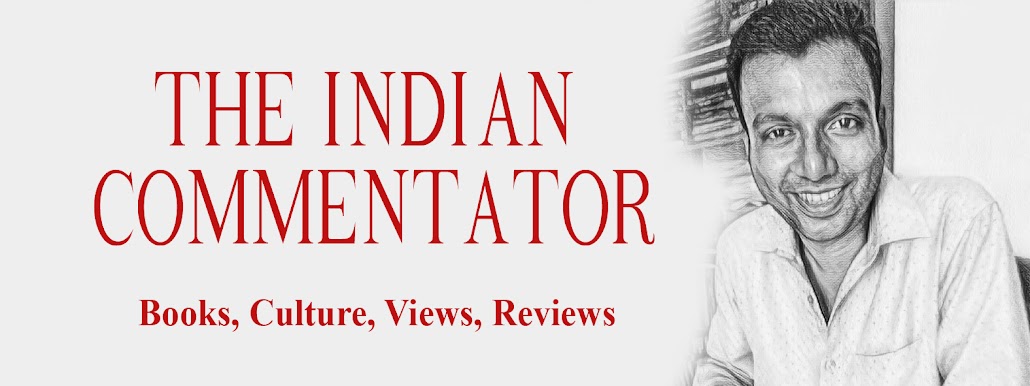Consider this not a book review but a suggestion or an advice article. Read The Mind Game by Devika Das, a passionate writer, theatre artist, and poet. and learn the strategies to master the emotions of the human psyche. It is of urgent concern for us all to take hold of our lives and succeed in our endeavours.
The Mind Game brings to us a revolutionary idea. The idea that survival of the fittest should be rewritten as the survival of the one with the strongest mind. Devika Das, with her lucid language, uses her storytelling skills to place before us a set of scientific and innovative ideas to adopt.
Adopting the strategies described in The Mind Game, one transcends oneself into the realm of the strong-minded. We are bound by the belief that our mind is something that exists within the body. Like this belief itself, we expect our mind to be limited and invisible. Therefore, we tend to overlook our emotional responses when faced with challenges in life. At every stage in our life, emotions are triggered due to various reasons. We tend to overlook the emotional reflexes when we consider the various environmental factors that influence us.
"Emotions do not remain inside the human skin," according to Devika Das. This suggests that emotions do have a hand in transforming us physically as well as mentally. Filled with a detailed analysis of how our emotions affect us, the book opens our understanding into an arena of neurological and psychological phenomena that control us.
The Mind Game is partitioned into six sections. Section one is titled "Five Ultra-Practical Steps To Emotion Mastery". This section gives a detailed analysis of the place and prominence of emotions in dictating our physical well-being we well as our psychological well-being.
The second section is titled "Analysing People". This section delineates the strategies in deciphering personality traits and acquiring a proper understanding of human individual behaviour. The third section is titled "Live Better with Less". The major focus of this section is the simplicity of living and the power of communication skills. This section also discusses the importance of the so-called first-impression.
Section four is titled "Go Happy, Go Lucky." On the necessity to fight for happiness and establishing a stress-free living is the central concern of the fourth section of The Mind Game. Section five is titled "Angry? Don't Be!" This section offers a detailed study of the structure of anger and anger management. The author foregrounds the relevance of creative arts in managing anger in human beings.
The final section is titled "A Happy Workplace" and nails the most important area of our daily existence. Although productivity and self-esteem are at the core of this section, Devika Das extols the role of emotional well-being and happiness on the experiential level as the key ideas that work in the direction of fulfilment in the profession.
Published by Blue Rose Publishers, The Mind Game demonstrates a unique and effective attempt at providing the general public with the central theses of great achievement. The cover design is striking in its presentation. I also enjoyed the typesetting and printing of this book. The font size used for typesetting is apt to be read while travelling by train or waiting for your daily ride. Apt for academic institutions and libraries, The Mind Game should be on your reading list if you are serious about your career and life.



